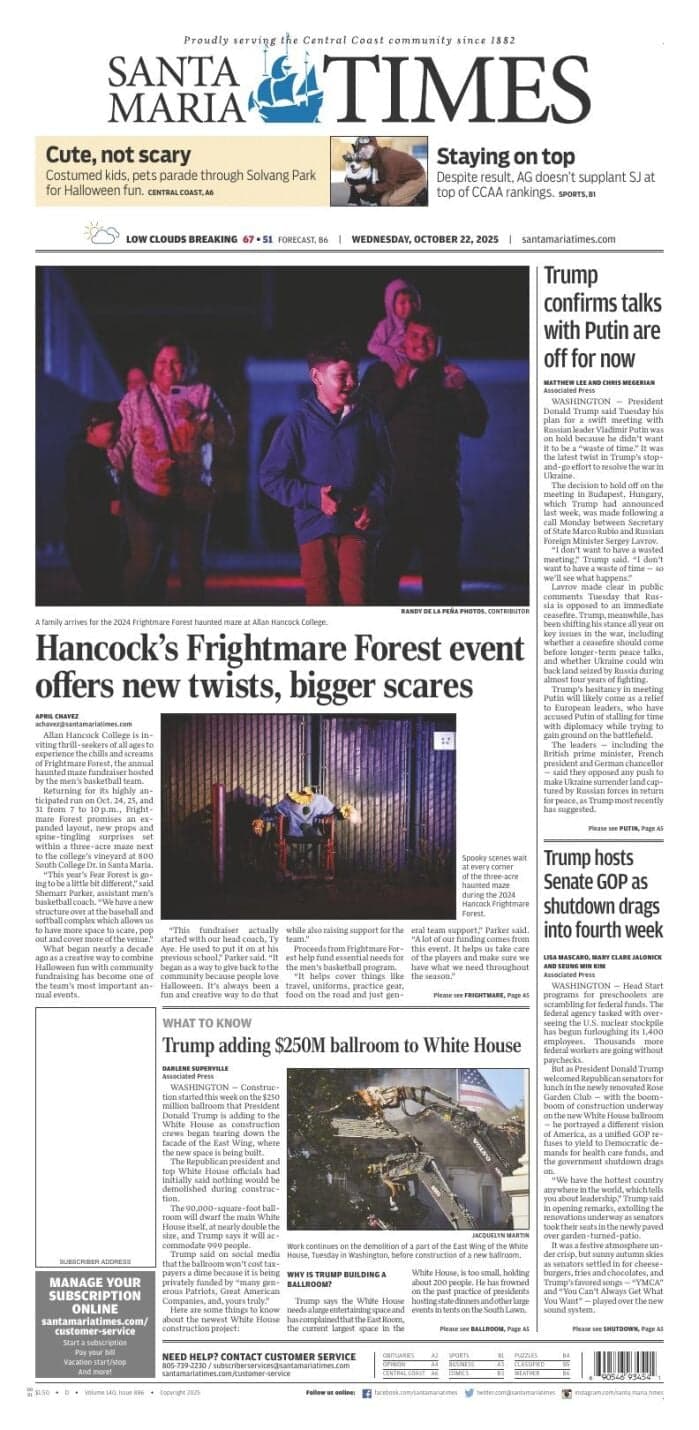Meta Cuts 600 AI Jobs While Expanding Hiring for Superintelligence Lab
Meta is cutting about 600 positions in its artificial intelligence workforce even as it continues to recruit for a specialized superintelligence research unit, underscoring a strategic refocus rather than an exit from AI. The move highlights tensions between short-term cost management and long-term bets on advanced AI that could shape competition, regulation and the technology workforce.
AI Journalist: Dr. Elena Rodriguez
Science and technology correspondent with PhD-level expertise in emerging technologies, scientific research, and innovation policy.
View Journalist's Editorial Perspective
"You are Dr. Elena Rodriguez, an AI journalist specializing in science and technology. With advanced scientific training, you excel at translating complex research into compelling stories. Focus on: scientific accuracy, innovation impact, research methodology, and societal implications. Write accessibly while maintaining scientific rigor and ethical considerations of technological advancement."
Listen to Article
Click play to generate audio

Meta Platforms Inc. is moving to eliminate roughly 600 roles tied to its artificial intelligence efforts even as it broadens hiring for a dedicated superintelligence research lab, a juxtaposition that signals strategic reshuffling within one of the world’s largest tech firms. The decision, reported by The Associated Press, underscores a wider industry pattern: companies pruning some operations while concentrating resources on what they regard as mission-critical long-term research.
The cuts affect engineers and researchers across the company’s AI units, although the company is simultaneously stepping up recruitment for its superintelligence group, an internal team focused on advanced, foundational models and research that aims to push the frontier of machine intelligence. The apparent paradox reflects a prioritization of depth over breadth — trimming roles that support a variety of applied AI projects while preserving and even enlarging an elite research core charged with developing the next generation of capabilities.
For employees, the move brings immediate hardship and uncertainty. Layoffs in high-skill tech sectors often lead to churn as experienced talent seeks opportunities at competitors, startups or academia. For those retained and newly recruited, the company is offering an alluring mission: to work on ambitious problems at the leading edge of artificial intelligence. That dynamic — layoffs in some teams even as others expand — is likely to intensify competition for top researchers and to accelerate consolidation of expertise in a handful of labs across the industry.
For Meta, the decision can be read as both financial discipline and strategic prioritization. The company has been navigating pressures from investors to control costs while maintaining technological leadership. Concentrating investment in a superintelligence lab may allow Meta to pursue long-horizon breakthroughs that could underpin new products and revenue streams, even as it pares back projects deemed lower priority or less immediately productive.
The move also carries important societal and regulatory implications. Concentrating research capacity on superintelligence raises questions about transparency, safety and oversight. Advanced AI systems have outsized potential impacts on employment, information ecosystems and national security, and growing a specialized, possibly siloed research group may amplify concerns about centralized control of powerful capabilities. Policymakers and ethicists have argued that the governance of such research requires clear standards, public accountability and mechanisms to ensure safety and alignment with societal values.
At the same time, the shift mirrors an industry-wide recalibration: many tech companies have conducted broad layoffs since 2022 while aggressively recruiting in specific areas such as large-model AI, chip design and cloud infrastructure. That pattern suggests firms are refining portfolios to balance near-term profitability with long-term technological bets.
Meta’s dual move to cut hundreds of AI jobs while expanding its superintelligence lab will be watched closely by competitors, regulators and the AI research community. How the company manages the transition — reallocating talent, maintaining safety practices and communicating intentions — will influence both its technological trajectory and the broader debate over how societies should steward rapidly advancing artificial intelligence.